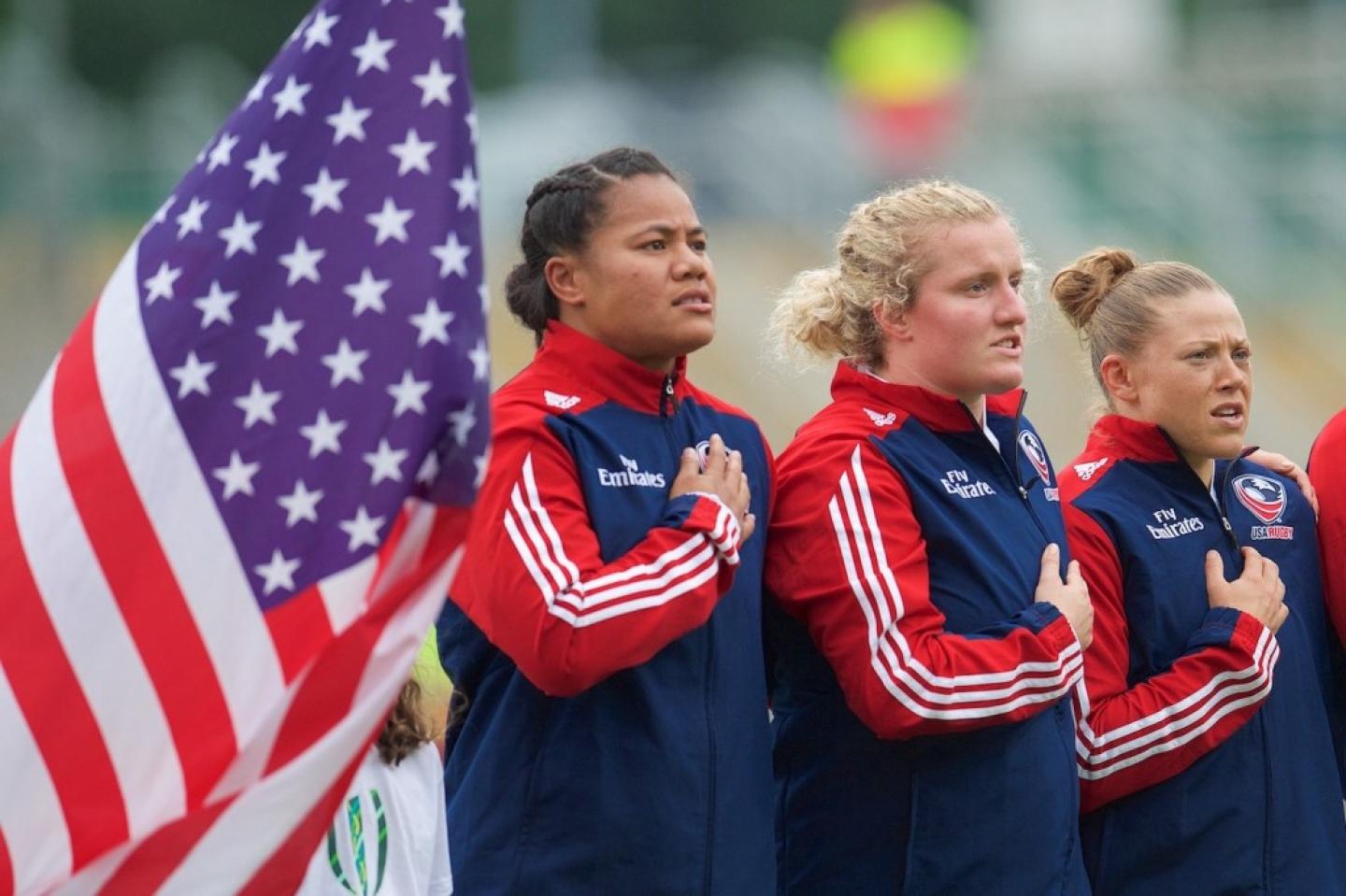On March 2 World Rugby announced it was recommending the postponement of the 2021 Rugby World Cup women's 15s tournament.
The recommendation will be looked at by the Rugby World Cup Board and the World Rugby Executive Committee in meetings next week, March 8 and 9.
The decision was made "based on the evolution of the uncertain and challenging global COVID-19 landscape. It has become clear in recent discussions with key partners including New Zealand Rugby, the New Zealand Government and participating unions, that, given the scale of the event and the COVID-19-related uncertainties, it is just not possible to deliver the environment for all teams to be the best that they can be on the sport’s greatest stage."
It is interesting to note that New Zealand has been one of the most stringent shutdown nations, and one of the least COVID-hit nations in the world. the most cases New Zealand reported in one day was 89, with just under 2,400 positive cases reported since the beginning of the COVID-19 pandemic in late 2019. Of those, only 26 have died. Positive cases in the last two months have remained in the single figures on a daily basis and since September 17, 2020 there has been only one death reported due to COVID. But that very low rate of spread and severity brings with it its own level of concern. New Zealand wants to keep it that way.
As a result, last week a single case was reported in Auckland, New Zealand's largest city, and the entire city was put into lockdown for a week as ordered by the Prime Minister Jacinda Arden. Auckland Mayor Phil Goff (no relation) expressed his annoyance at that move, saying the priority should be vaccine rollout, not locking down a city of two million for one case.
But having rugby teams from all over the world converge on New Zealand opens up the possibility of more COVID coming to the country. That appears to be a key concern—this despite the fact that professional rugby is operating just fine in New Zealand. the women's game, it seems, gets treated differently.
But that's not all of it. There are travel restrictions in place all over the world. People from one country may not be able to go to New Zealand, or travel through some third-party country.
World Rugby's language regarding exactly what was their specific concern—risk to the population of New Zealand, risk to players and fans from outside New Zealand, or travel issues—was not very specific.
Meanwhile, USA Rugby issued a statement say it "understands and supports" World Rugby’s recommendation to postpone the RWC 2021 to 2022.
"The ongoing threat of COVID-19 and the rapidly changing landscape both in New Zealand and globally creates significant challenges for teams to prepare and compete at the level necessary for a World Cup," said the statement. At present, based on data from the World Health Organization, there is no "rapidly changing landscape" in New Zealand. Worldwide, the number of daily cases has been dropping since early January and in major rugby nations such as USA, Canada, South Africa, and the United Kingdom. France has seem cases move slightly upward during that time, while Australia and New Zealand have been close to at less than 10 a day (and sometimes zero) for almost two months now.
“It’s been a whirlwind year and I know this is difficult news for our players and staff who have continued to sacrifice to put themselves in a position to perform," said USA Rugby Director of Women’s High Performance Emilie Bydwell. "We understand the position of World Rugby and tournament organizers and it is our job now to do the next right thing. We must support our players and revise our plans to make sure that we are in an even better position to make Rugby World Cup in 2022 a global spectacle for rugby, as well as an amazing tribute to the power of women’s sport.”
Rugby World Cup 2021 in New Zealand was originally set to take place from September 16 to October 18, but if the recommendation to delay is approved will be moved to 2022.
Some COVID notes about major women's rugby-playing nations:
Australia: daily cases down 75% from early January. Daily deaths at 0.
New Zealand: daily cases averaging about 2 or 3 for the nation (down from 31 on Jan 9). There's been one COVID death in New Zealand in the past six months.
USA: daily cases down about 77% from early January (but still high in the 60,000 to 75,000 range a day). Deaths down about 60% but still at 1,300 to 2,000 a day.
UK: daily cases down about 90& from early January. Deaths down about 78% from early January but still about around 300 per day.
Ireland: daily cases down more than 90% from early January. 7-day average for deaths peaked at 60in February and is now at 22.
Russia: Cases down 60% from early January but still at over 10,000 per day. Fatality rate has not dropped drastically - maybe 27%.
Kazakhstan: New cases about half of what they were in late January. Deaths attributed to COVID has averaged 2 per day since Feb 12.
South Africa: New cases per day down 95% since early January. Deaths down about 75%.
France: New cases peaked in November at over 60,000 and have been averaging around 20,000 for the last seven weeks. Daily deaths are now about half of what they were in November.


































































